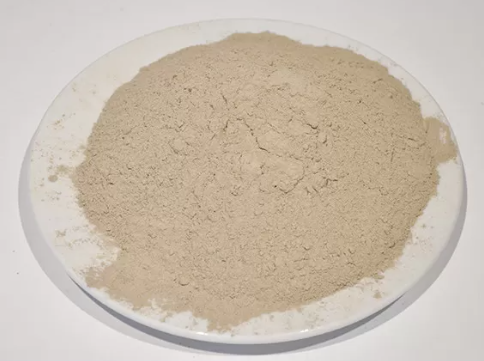
In the world of high-temperature industrial applications, refractory materials often take center stage for their durability and performance. However, there’s an unsung hero that holds everything together—Silica Refractory Mortar. This indispensable product is the key to ensuring the seamless construction, maintenance, and performance of high-temperature structures. If you're in industries like glass manufacturing, steel production, or ceramics, investing in high-quality Silica Refractory Mortar can make all the difference.
What is Silica Refractory Mortar?
Silica refractory mortar is a specialized bonding material made primarily from silica and other high-temperature-resistant additives. Its primary role is to bond silica-based refractory bricks and materials, forming a strong and seamless joint capable of withstanding extreme thermal and chemical conditions.
This high-temperature adhesive plays a vital role in the integrity and longevity of structures like glass furnaces, coke ovens, and hot blast stoves, where stable, strong joints are essential for optimal performance.
The Outstanding Features of Silica Refractory Mortar
Silica refractory mortar is more than just a bonding agent. It is engineered to perform under the harshest conditions. Here’s what sets it apart:
Exceptional Thermal Resistance
Designed to endure temperatures exceeding 1500°C, silica refractory mortar performs exceptionally well in high-temperature environments, maintaining its strength and adhesion even under prolonged exposure.Chemical Stability
The mortar resists corrosive attacks from acidic gases and slags, making it ideal for applications where chemical exposure is a concern. Its compatibility with silica bricks ensures a chemically stable structure.High Bonding Strength
Silica refractory mortar provides a strong bond between bricks, reducing the risk of cracks and ensuring the structural integrity of your furnace or kiln. The seamless joints also improve heat distribution and energy efficiency.Easy Application
With its smooth consistency, silica refractory mortar is easy to apply, saving time and labor during installation. It adheres effortlessly to silica bricks, forming a tight, durable bond.Prolonged Service Life
By preventing gas leakage and resisting chemical and thermal wear, silica refractory mortar extends the service life of furnaces, kilns, and other high-temperature equipment.
Applications of Silica Refractory Mortar
Silica refractory mortar is a must-have in industries that demand high-temperature performance and durability. Here are some of its primary applications:
Glass Furnaces
Glass furnaces operate under extreme temperatures, making silica refractory mortar indispensable for bonding silica bricks in areas like crown linings and regenerators. Its excellent thermal properties ensure long-lasting, stable structures.Coke Ovens
In coke ovens, where temperatures exceed 1200°C, silica refractory mortar is used to bond silica bricks in the oven walls and roof. Its thermal and chemical resistance helps maintain the oven’s efficiency and structural integrity.Hot Blast Stoves
Silica refractory mortar is vital in hot blast stoves, where it bonds silica bricks used in the combustion chambers and ensures the stove can handle the intense heat and pressure.Steel and Foundry Industry
The steel industry relies on silica refractory mortar for bonding bricks in high-temperature linings, particularly in the regenerative chambers of open-hearth furnaces.Ceramics and Petrochemicals
In ceramic kilns and petrochemical reactors, silica refractory mortar ensures a tight seal and optimal performance, even in chemically aggressive environments.